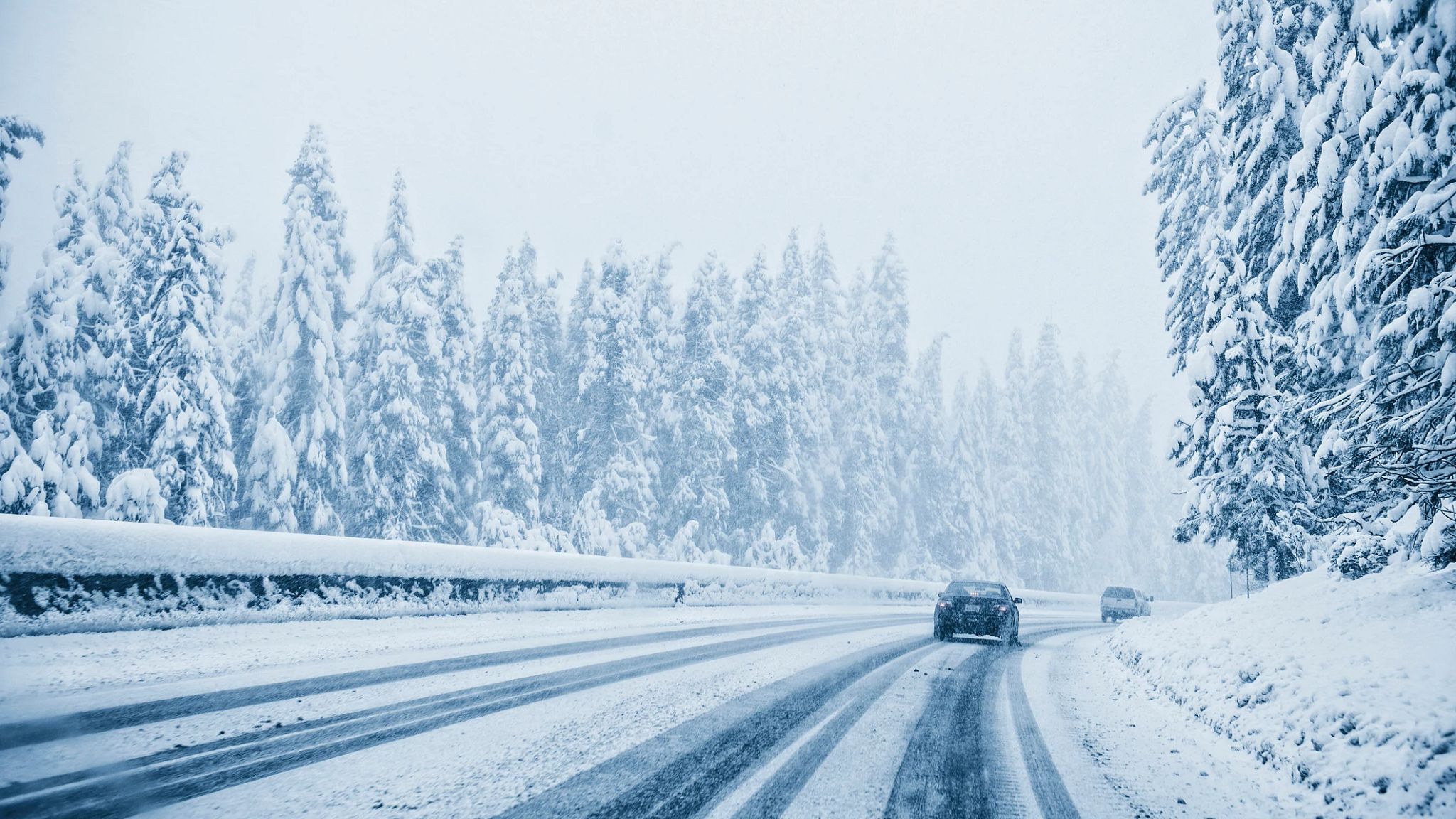AARP Hearing Center

Have you ever thought drought can be a winter issue even when there is plenty of snow cover?
The ground is frozen, and your plants do not have access to the moisture in the snow so there are still drought conditions. When you see browning or scorching on needles or leaves, this is a common symptom of drought. Drought is not just a summer issue. Besides winter desiccation there is winter sunscald, low-temperature injury, and snow breakage with plants.
Watering in late fall before the ground freezes is key to minimizing winter desiccation. Mulching is as important as watering to mitigate the soil temperature and keep the soil moisture available to plants. Plants exposed to a southern exposure will suffer more because the south and sometimes western exposure warms up more than a northern or eastern exposure.
With sunscald, the thin bark of maples, ash, crabapple, and fruit trees that face south and west warms the trunk and the sap starts flowing. As the temperature cools at night, the sap freezes and expands. This cracks the bark. This area of dead bark is loose or sunken during spring and summer. This exposes that area to diseases such as Cytospora canker. This is a fungus that is evident in a lot of drought-stressed trees. It is prevalent on the plains with fruit trees but can be experienced throughout the United States. There is no cure for Cytospora canker other than to keep the trees as healthy as possible.
If you have any marginally hardy plants in your yard, they will suffer from low-temperature injury. Anytime the temperature goes below normal when a plant is not fully dormant, it will sustain some damage. Temperatures that fluctuate in spring can cause damage with flower and leaf buds already opening. It is equally important here to have mulch and water well.
Another issue is making sure your plants are hardened off before winter arrives. Do not prune late in the summer. Do not fertilize late in the summer. Do not fertilize roses after mid-July. The fertilizer will produce young succulent, tender growth that will die in a hard freeze. The plant has then wasted all its resources. There are fewer food reserves stored for winter.
This winter season we all are experiencing the heavy wet snow that winter storms can produce. This causes breakage on some susceptible plant material – evergreens. It is not always possible to knock off the snow, particularly when freezing rain is in the mix. If you have one or two arborvitae or junipers, a solution would be to tie the branches together. When you have windbreaks and acres of these trees that is impossible. Prune the broken limbs as best you can in early spring.































































